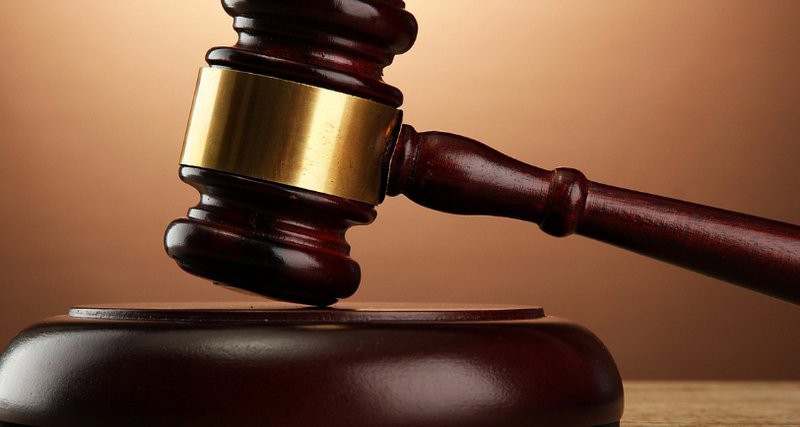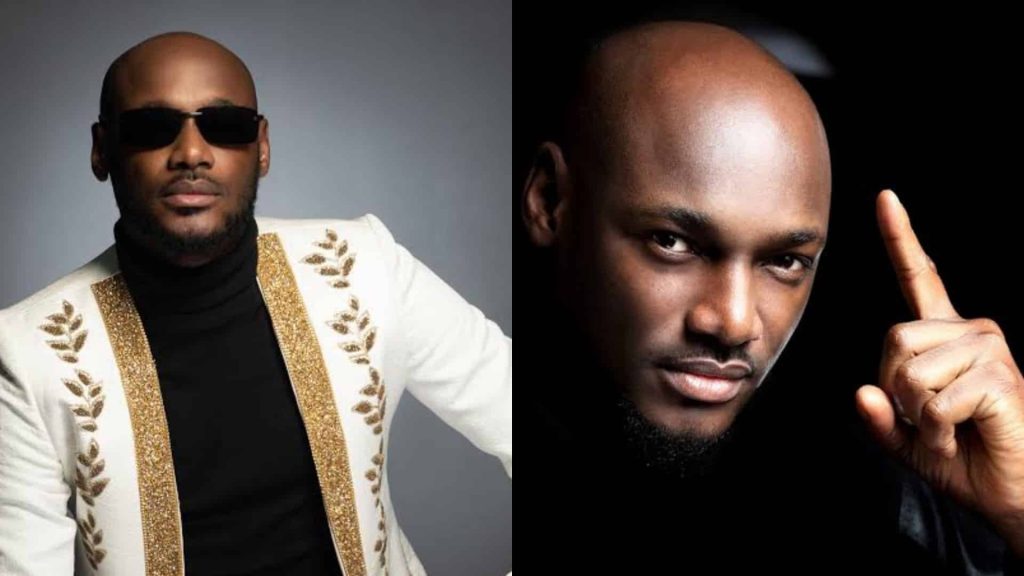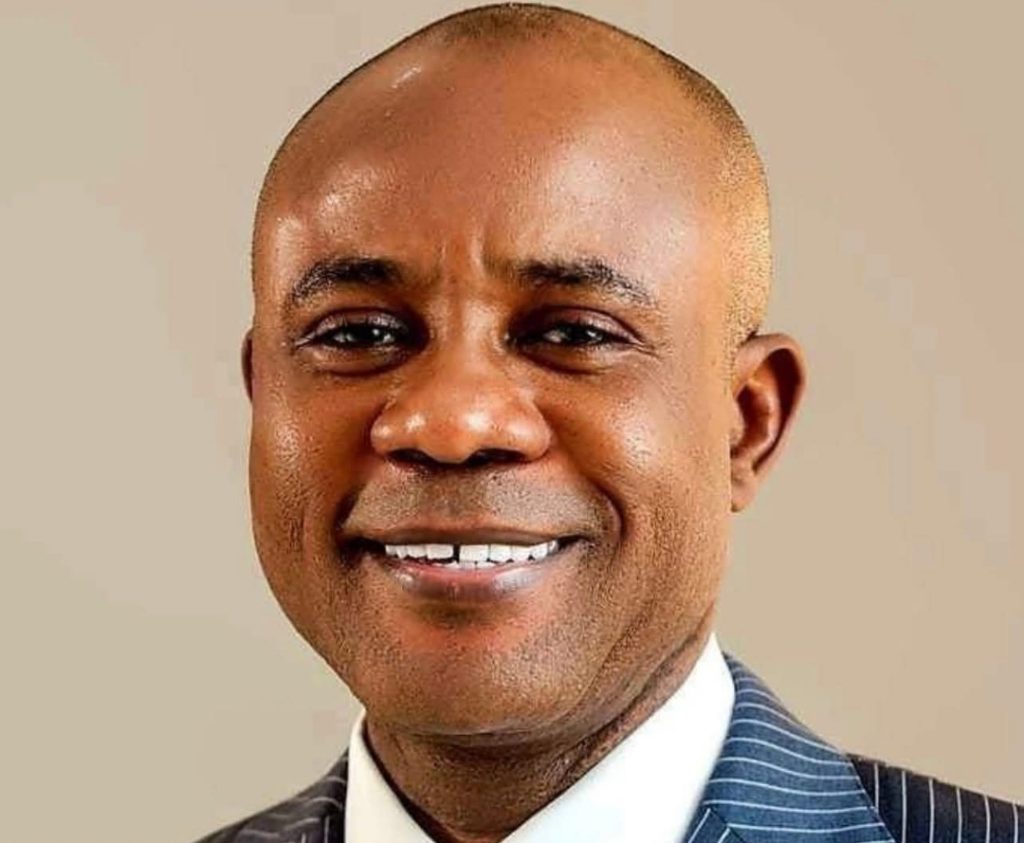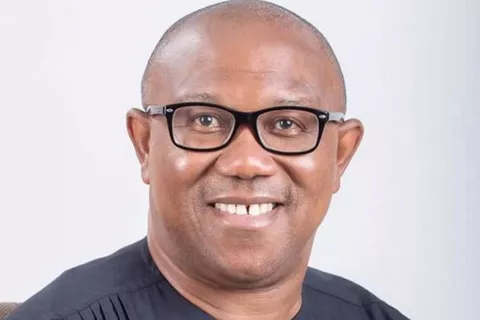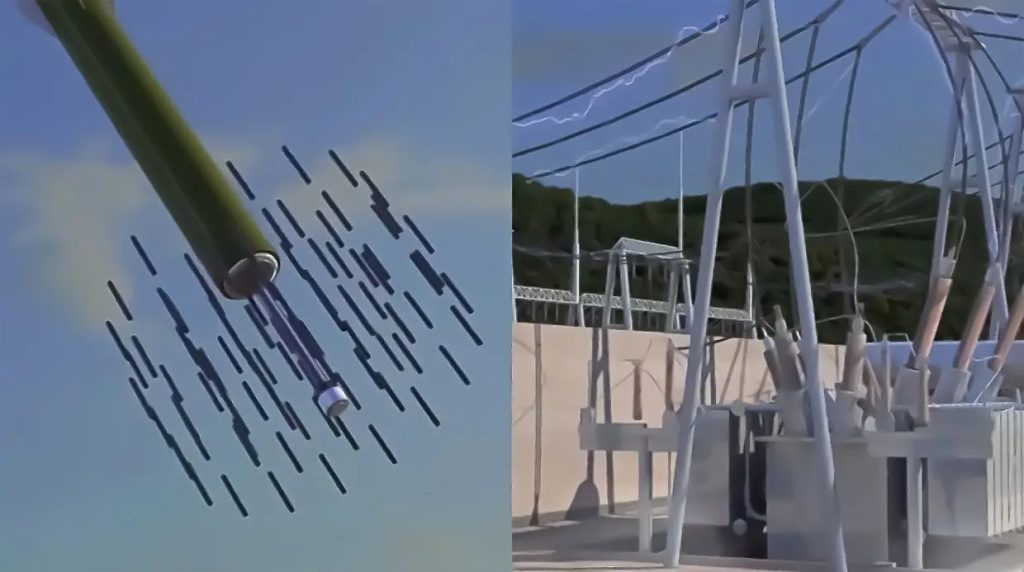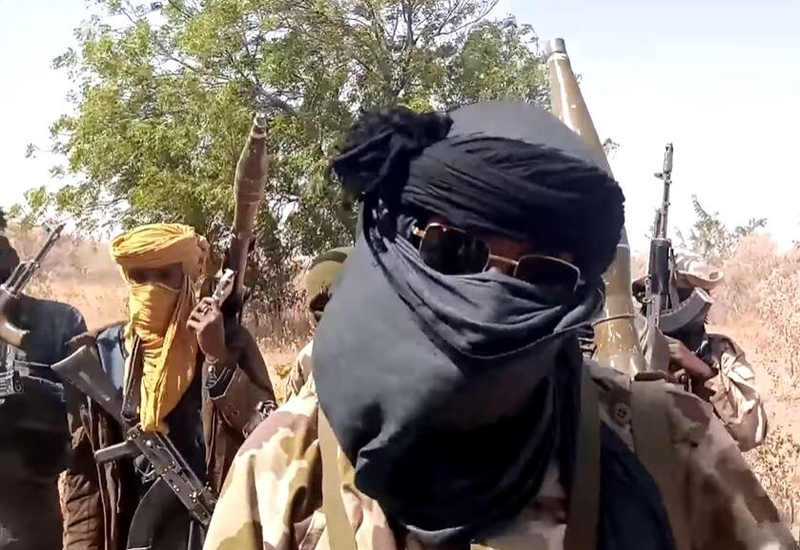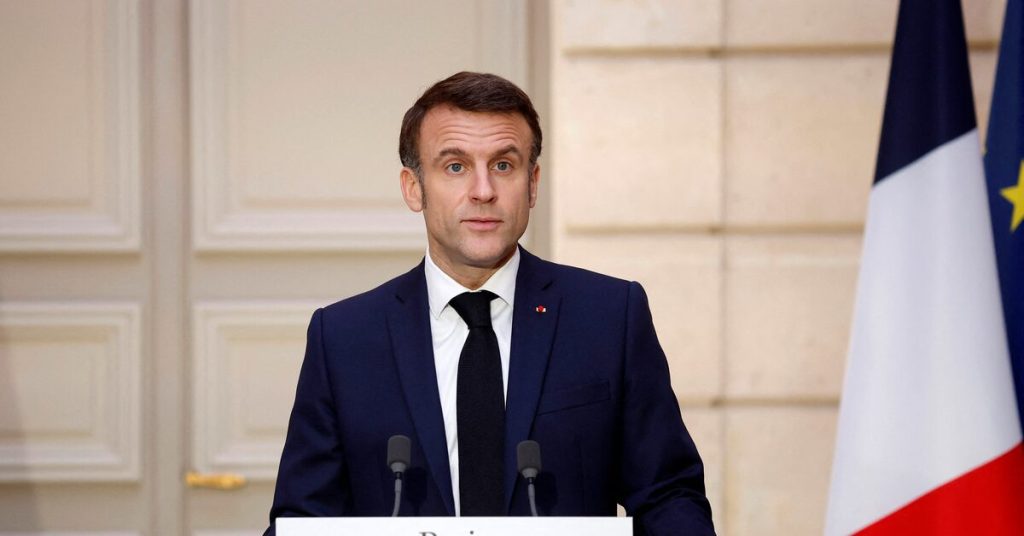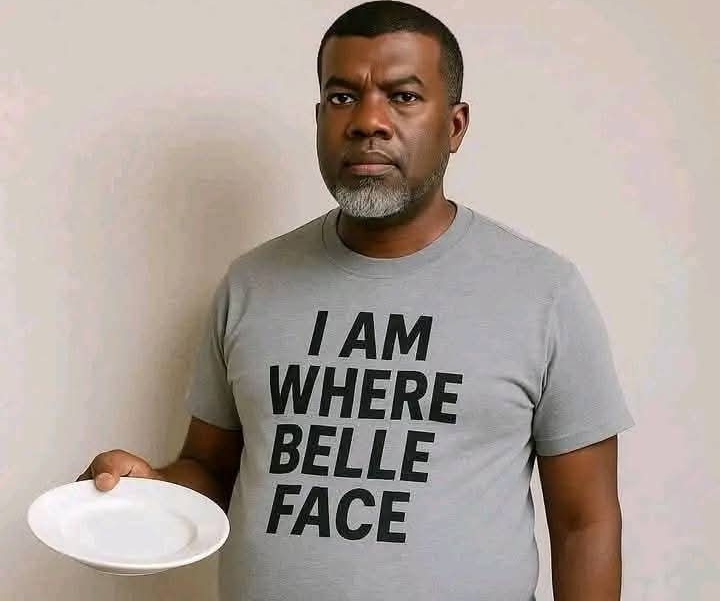News
El-Rufai’s influence in political discourse: Bwala explains his role and media evolution
DDM News

The Presidential Special Adviser on Media and Public Communications, Daniel Bwala, shared his views on political communication.
He discussed the shifting media landscape and the motivations behind statements made by Governor Nasir El-Rufai.
Diaspora digital media)DDM) noted that Bwala’s remarks follow El-Rufai’s increasingly vocal presence in Nigerian politics, shedding light on the factors behind his stance.
Daniel clarified that while El-Rufai may be outspoken, it does not equate to greater political relevance or influence.
“You also have to look at his political interest because politics is about interest,” Bwala explained.
He pointed out that El-Rufai’s vocal nature might be tied to personal political objectives, not a superior passion.
Bwala emphasized that his role, though visible, is one of service, not of authority or influence.
“Just because I come on TV and speak for the President does not mean I’m more key than him,” Daniel said.
“I’m a spokesman to the President; I’m a servant to the President,” he added, clarifying his position.
His comments reminded the public of the hierarchical nature of government roles, focusing on clarity and mandate.
“He has said, ‘Go and speak on my policy,’” Bwala explained, emphasizing the President’s clear directive to him.
Bwala cautioned against equating media visibility with political significance, urging a more nuanced understanding of political figures.
“We don’t get carried away into thinking that because someone speaks for a group, they’re the most relevant,” Bwala stated.
His words underscored the importance of critically assessing political figures and their public statements.
Bwala addressed El-Rufai directly, suggesting that the former governor’s vocal presence should be seen through personal interest.
“If El-Rufai stands to benefit something far better, that could explain why he’s more vocal than others,” Bwala said.
“You cannot assume that he’s more passionate,” Bwala continued, referring to El-Rufai’s motivations for his public stance.
This comment offered a deeper perspective on the interplay between personal ambition and political expression.
Bwala also reflected on his own experiences during the political primaries, where he had to adapt to new platforms.
He noted that even when blacklisted by TV, he turned to TikTok to engage with the public.
“At my level, in the primaries, I played my role as well,” Bwala recalled, highlighting his adaptability.
His comments reinforced how digital platforms have revolutionized political communication, especially for those outside mainstream media.
Bwala celebrated the democratization of media, noting how it empowers individuals to reach broader audiences beyond traditional media.
“That’s one good thing about the democratization of media,” Bwala said, emphasizing the importance of online platforms.
“If you say you won’t bring me again, the crowd will move to wherever I’m present on Twitter, Facebook.”
His statement illustrated the growing role of social media in shaping political discourse in Nigeria.
The interview provided a candid look at political communication, emphasizing the complex dynamics between media and influence.
By discussing figures like El-Rufai, Bwala shed light on the shifting nature of power and media in Nigerian politics.
His remarks also highlighted how digital engagement is becoming central to political strategies in the country.
As Nigerian politics evolves, the voices of figures like Bwala and El-Rufai will remain crucial to the discourse.
For Diaspora Digital Media Updates click on Whatsapp, or Telegram. For eyewitness accounts/ reports/ articles, write to: citizenreports@diasporadigitalmedia.com. Follow us on X (Fomerly Twitter) or Facebook



